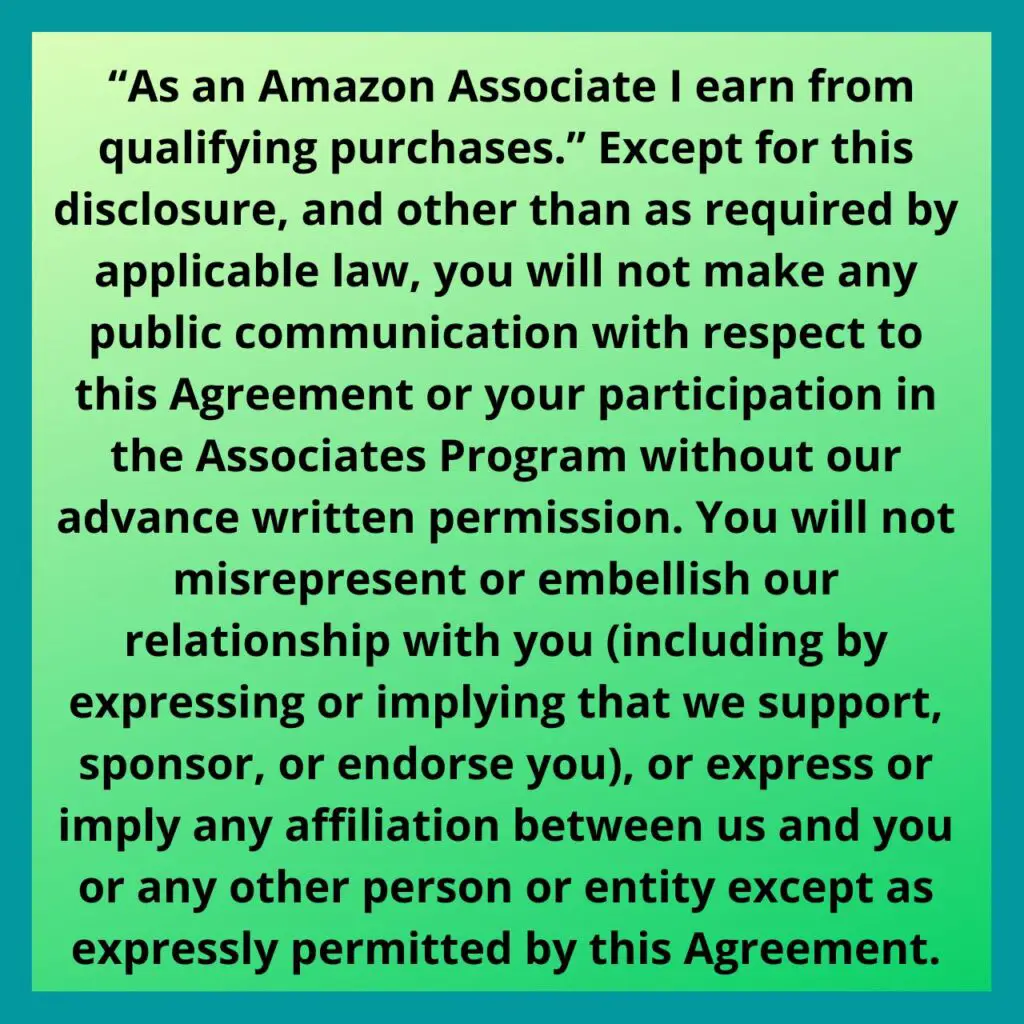What is a Contingency?
A contingency is something upon which something else depends.
In our case we are dealing with a contingency for the sale of a house. A transaction can be contingent on a number of different things. It can be contingent, for instance, on the byer’s being able to get a mortgage to pay for the house.
It could be contingent on an inspection of the house. It could be contingent on an appraisal.
A contingency is usually a temporary situation. Hopefully, if a contingency cannot be satisfied, then the sale is off. In other words, if your sale is contingent on a satisfactory inspection by home inspector, then when the home inspector comes out and looks at your place, he will either give you an okay, or a list of things that need to be repaired.
You, as the seller, can agree to repair the items, or you may not. Conceivably the inspection could come back that the house was perfect.
When the house is perfect, or when the needed repairs are completed by you, and the house is re-inspected, then they will have the opportunity to remove that contingency. Of course that’s done in writing. There’s a contingency removal form, and and everybody will get to sign it. So that will no longer be held up and can go to the completion of the closing of the transaction.
So the contingency is removed, and the house continues to closing. If the contingency is for financing, it will move along and creep slowly through underwriting of the mortgage company until such time as it is accepted. It’s okay at that point that the contingency be removed because it procedes to closing.
If the house had been contingent on another item, for instance a plumbing repair, or painting a porch, then that would have to be done and the property re-inspected prior to removing that contingency, whatever the contingency was.
Whatever the contingency was has to be satisfied. At that point, the transaction proceeds to closing when the contingency is removed.
In the MLS, there are a couple of different status types. One status type is “active.” Your house is on the market for sale. Another status type is “closed.” Your house has been paid for. It’s been bought. It’s been sold. It’s off the market. The interim types would be “pending” and/or “pending with a contingency.”
Just straight “pending” would mean that there were no contingencies to be satisfied, and that it’s just waiting for all the paperwork to be completed, and the closing to occur.
If it were pending on something, obviously the conditions in question would have to be corrected, and the contingency removed.
My article on contingency-killing kick-out clauses can be found HERE.
At that point the closing occurs, and the house becomes “closed.” If you enjoyed this post, consider subscribing. Here is a link.
Photo by Nicole Scott on Unsplash
Tap or click HERE to join our new start-up YOUTUBE Channel!
84 informative & entertaining videos so far (all short, none long)
and adding more weekly!
Get awesome content straight to your inbox. Click or tap here!
(This post may contain affiliate links, which means if you click, or make a purchase by clicking on them, I may receive a small commission, at no additional cost to you, that will help me continue to bring you valuable content. To that end, not all of the items on this page are affiliate links, as that is not a requirement to be on this page. Thanks for your support!)
We are a participant in the Amazon Services LLC Associates Program, an affiliate advertising program designed to provide a means for us to earn fees by linking to Amazon.com and affiliated sites.
Please let me know if you want more info about any specific topics.
Tap or click HERE to join our new start-up YOUTUBE Channel!
84 informative & entertaining videos so far (all short, none long)
and adding more weekly!
Disclaimer | Privacy Policy | Terms of Use












